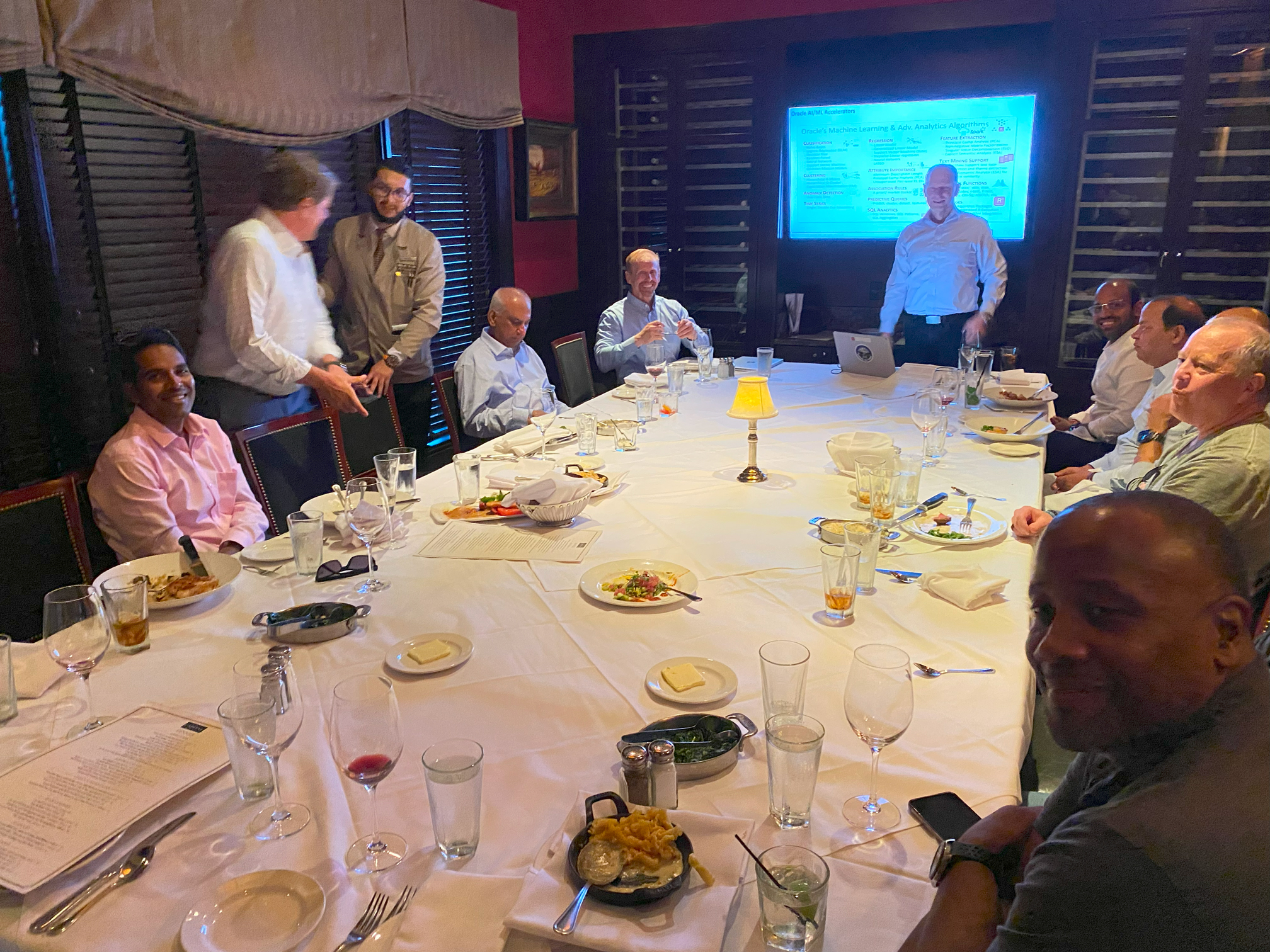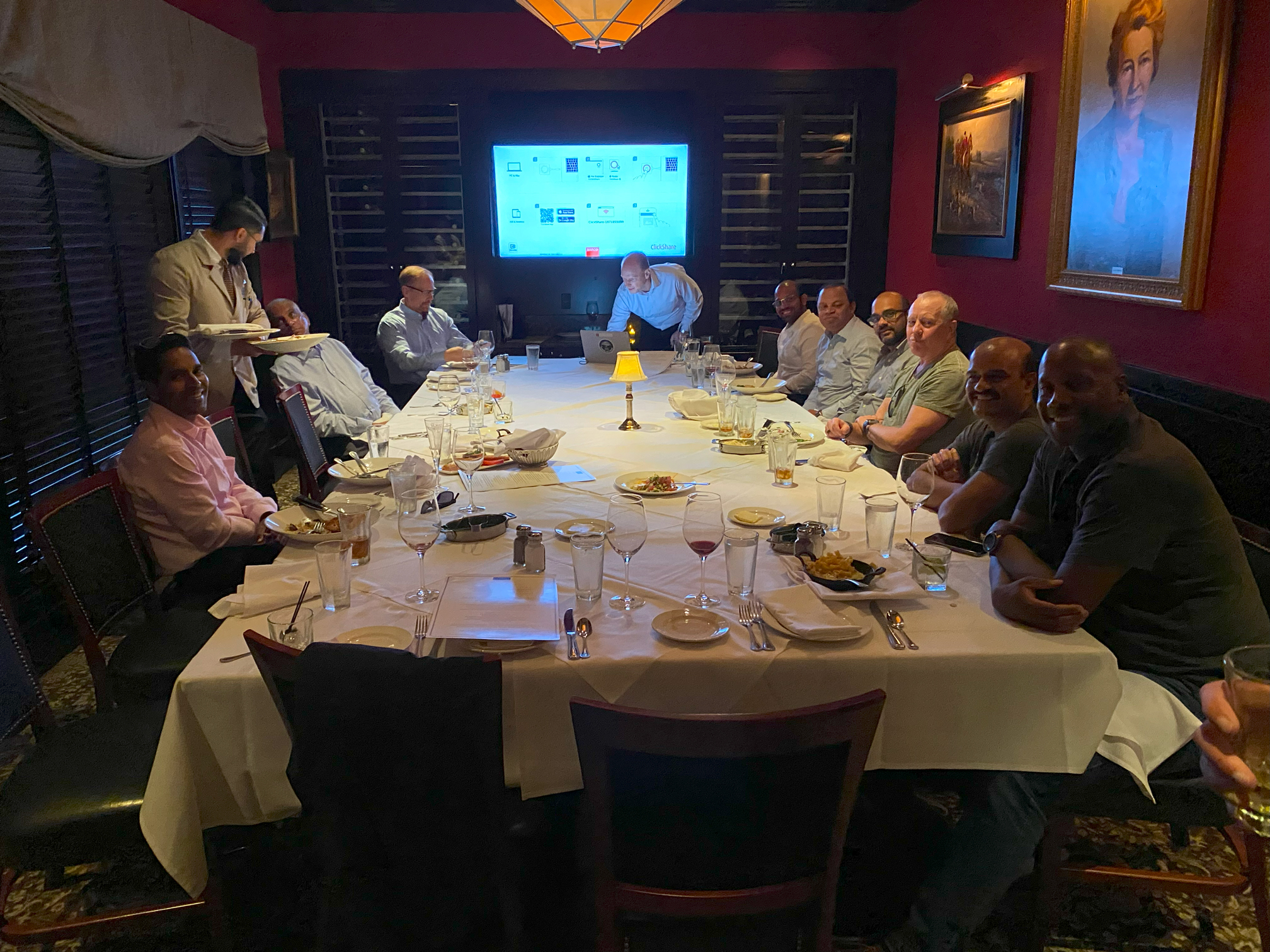Over 80% of enterprises on a global scale use DevOps and when agentic AI embodied with it, the transformation seems to be impactful. Being the core of transformation, this new AI paradigm acts like a human, reshaping DevOps lifecycle that includes spanning development, deployment, security, and operations. This can be achieved by automating repetitive work, boosting efficiency, and sophisticating security. From predicting resource needs to automating code reviews, agentic AI is redefining the possibilities in DevOps and DevSecOps.
In this article, let’s uncover its key use cases, implementation challenges, and what the future holds:
Use Cases of Agentic AI in DevOps
Agentic AI is a practical powerhouse bringing tangible benefits to the DevOps lifecycle by waving the enterprises on:
- Predictive Analytics for Resource Utilization
- Incident Management Forecasting
- Performance Monitoring and Anomaly Detection
- Automated Code Review and Quality Assurance
- Security Threat Detection and Response
- User Interaction and Support
Agentic AI in DevSecOps: A Security Game-Changer
Security has always been a critical piece of the DevOps puzzle, and agentic AI is taking DevSecOps to new heights. Here’s how it’s strengthening the security game:
- Seamless Integration of Security Protocols: Gone are the days of tacking security onto the end of the development process. Agentic AI weaves security into every step of the workflow. Specialized agents enforce policies, monitor compliance, and flag risks in real-time, ensuring security is a core part of development.
- Automated Vulnerability Assessments: Traditional vulnerability scans often happen on a schedule, leaving gaps for threats to sneak through. Agentic AI changes that with continuous, real-time assessments. Using machine learning and security-trained models, it identifies weaknesses as they appear, shrinking the window for potential attacks.
- Real-Time Response and Adaptation: When a breach happens, speed is everything. Agentic AI can instantly isolate affected systems, apply patches, or trigger alerts to contain damage. What’s more, its adaptive learning lets it refine its responses over time, building a smarter, more resilient defense against future threats.
By embedding security into the DevOps lifecycle, agentic AI safeguards against cyber risks.
Agentic AI Implementation Challenges
Bringing agentic AI into DevOps and DevSecOps is a game-changer, but biggest challenges organizations face include:
Common Obstacles
- Integration Woes: Legacy systems often don’t play nice with cutting-edge AI. Getting everything to work together without disrupting operations is a tall order.
- Data Privacy Concerns: Agentic AI handles sensitive data, raising questions about compliance with regulations like GDPR. Balancing automation with privacy is critical.
- Resistance to Change: Teams used to traditional workflows may push back, fearing AI will replace their roles or disrupt their routines.
Strategies for Success
- Start Small: Roll out agentic AI in phases, focusing on specific tasks like code reviews or monitoring. This minimizes disruption and builds confidence.
- Test Rigorously: Run AI solutions in controlled environments first to iron out kinks. Thorough validation builds trust and ensures reliability.
- Train Continuously: Equip teams with ongoing training to work alongside AI. This fosters collaboration and helps everyone see AI as a partner.
- Balance Automation and Oversight: Set clear rules for when humans need to step in. A governance framework ensures AI doesn’t make critical decisions unchecked.
By addressing these challenges thoughtfully, organizations can unlock the full potential of agentic AI without tripping over common pitfalls.
The Future: Where Agentic AI Is Headed
The impact of agentic AI on DevOps and DevSecOps is just beginning. As these systems evolve, they’re poised to reshape software development and operations in profound ways. Here’s what’s on the horizon:
Emerging Applications in Development
Agentic AI is moving beyond automation to become a true creative partner. Imagine AI that writes code based on project specs, suggests optimizations by analyzing existing codebases, or even anticipates developer needs by learning their habits. These tools will let developers focus on big-picture innovation while AI handles the grunt work.
Smarter Operations
In operational environments, agentic AI will take on more complex tasks. Through adaptive learning, it’ll predict issues before they arise, optimize workflows in real-time, and make independent decisions to keep systems running smoothly. Think of it as a proactive manager for your infrastructure.
Transforming DevOps and DevSecOps
As agentic AI matures, it’ll redefine team dynamics. By slashing manual tasks, it’ll speed up deployments and tighten security. Continuous feedback loops will drive rapid iteration, while adaptive learning will ensure security measures evolve with new threats. The result? A culture of agility, resilience, and innovation.
Agentic AI is a catalyst for change. By automating routine tasks, strengthening security, and enabling smarter decision-making, it’s helping DevOps and DevSecOps teams work faster, smarter, and more securely. Yes, there are challenges to overcome, from integration headaches to cultural pushback. But with the right strategies, organizations can harness this technology to build systems that are efficient, resilient, and ready for the future.
As agentic AI continues to evolve, it’s clear we’re entering a new era of software development and operations. The focus now is on embracing these intelligent agents to create a world where innovation thrives, security is ironclad, and agility is the norm. The DevOps lifecycle has never looked so exciting.
With agentic AI and DevOps working in harmony, enterprises are setting the innovative stage and transformative outlook for application development and thriving future.
Talk to our experts:





